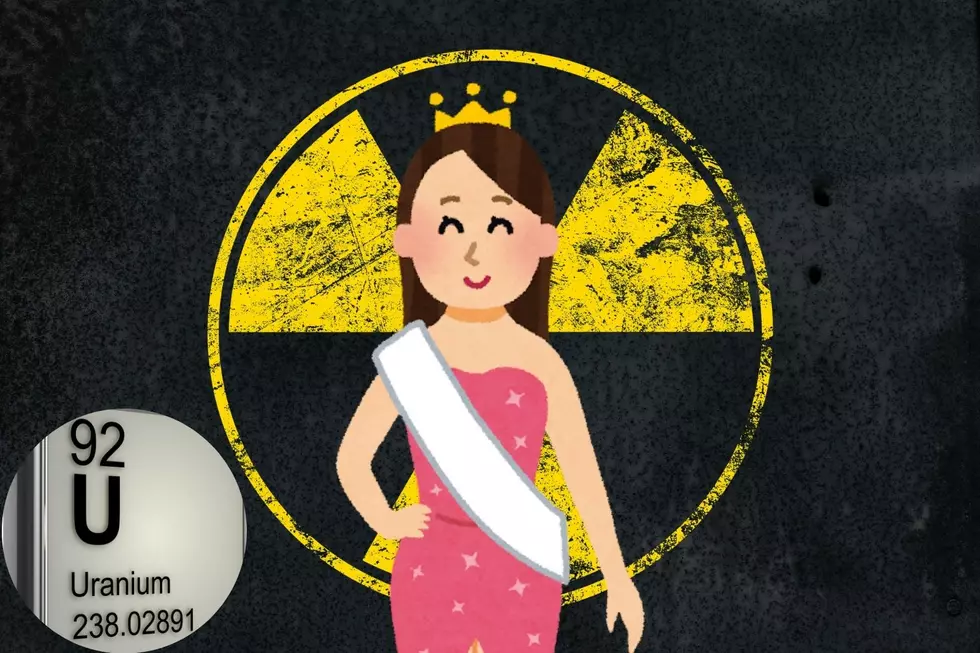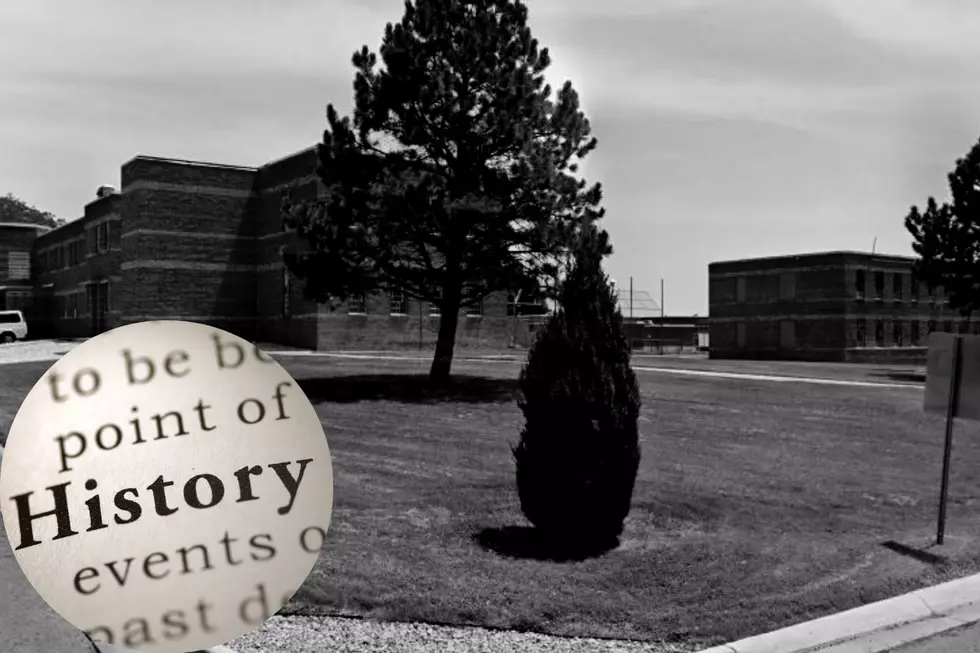
Unfortunate Colorado History: The Colorado Coal Wars
One big piece of Colorado history that you may have never even heard about is so massive, so unfortunate, and so suspenseful that it could be made into a major motion picture.
The Colorado Coal Wars is a saga that mirrors the Rebel Alliance and the Empire in ways and amounts to a group of workers fighting for their rights against the big companies that employed them, and even the United States government.
Keep scrolling to learn about the Colorado Coal Wars of the early 1900s.
The Colorado Coal Wars

The coal wars are typically separated into three parts: The First Stage, The Ten Days War, and the Final Stage, and included devastating battles such as The Ludlow Massacre and The Battle of Forbes.
The coal wars took place on Colorado’s Front Range and southeastern Colorado between September 1913 and April 1914 and were essentially a series of battles between striking miners seeking better working conditions and compensation and the rich companies they worked for.
At least that’s the way it started.
Things got so ugly that the United States Government felt the need to intervene, creating a sort of militia consisting of the National Guard, local law enforcement, and deputized citizens.
In all, an estimated 32 strikers were killed, over 400 were arrested, numerous troops were court-martialed, and if you include the bloody Ludlow Massacre, the total number of deaths is estimated to be between 69 and almost 200.
In the end, all of the efforts that led to the violence, arrests, and casualties, seemed to be fruitless as an agreement proposed by then-United States President Woodrow Wilson was agreed upon by the strikers, but not the mining companies, particularly CF&I which was run by John D. Rockefeller Jr. at the time.
The strikes and conflicts declined steadily and the troops deployed to the area pulled out in early 1915, effectively leaving an embarrassing stain on the pages of Colorado’s history books. However, some may argue that at its core The Coal Wars is a period of time we could all learn from, and hopefully never repeat.
Huge Abandoned Colorado Mine is Practically an Underground City
Explorers Take Not-So-Safe Trip into Old Grand Junction Coal Mine
WATCH: Explorer Discovers Gold Vein Near Old Colorado Mine
More From 95 Rock









